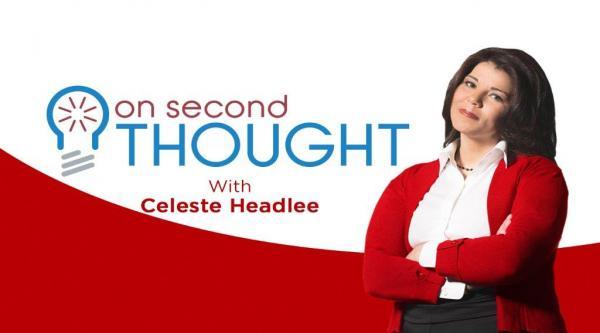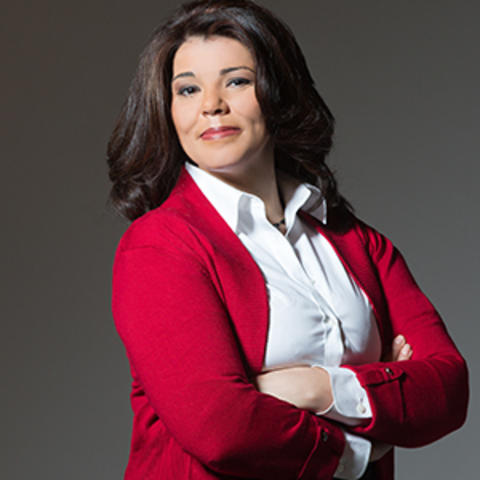Section Branding
Header Content
On Second Thought For Monday, June 27, 2016
Primary Content
Leaders of the National Cathedral in Washington recently made the decision to remove the Confederate Battle Flag from the landmark’s stained glass windows. Why does this flag – and really any symbol – hold so much power in our culture and society? We speak with a flag expert (also known as a vexillologist) Ted Kaye and social psychologist Clay Routledge about the historical and psychological importance of symbols.
Putting aside the argument over whether it’s appropriate to fly the Confederate flag on state property, there’s an entirely different debate over who has the legal right to remove it. Is it decided by the governor or the state legislature? Can it be passed by a simple majority? And can the federal government have a say in what the state does? University of Georgia political science professor Charles Bullock and constitutional law professor Kathleen Burch join us to discuss the legal challenges behind removing Confederate imagery.
Plus, we’ve seen the Confederate flag in more places than just hanging from a flagpole: on top of the General Lee in “Dukes of Hazzard”, on T-shirts, license plates, on cover art for albums and in paintings. We examine the Confederate flag’s place in pop culture with Southern pop culture blogger and University of North Carolina history professor Karen Cox and Lakeyta Bonnette, a Georgia State University political science/Black political attitudes professor.
Finally, we meet filmmakers Logan Jaffe and Zach Segilko. They have have been documenting people and places with strong ties to the Confederate flag. They interview a black woman who proudly displays the flag, a Georgia man who has an informal museum with racist memorabilia, and a one man launching a “Confederate rap battle.”


